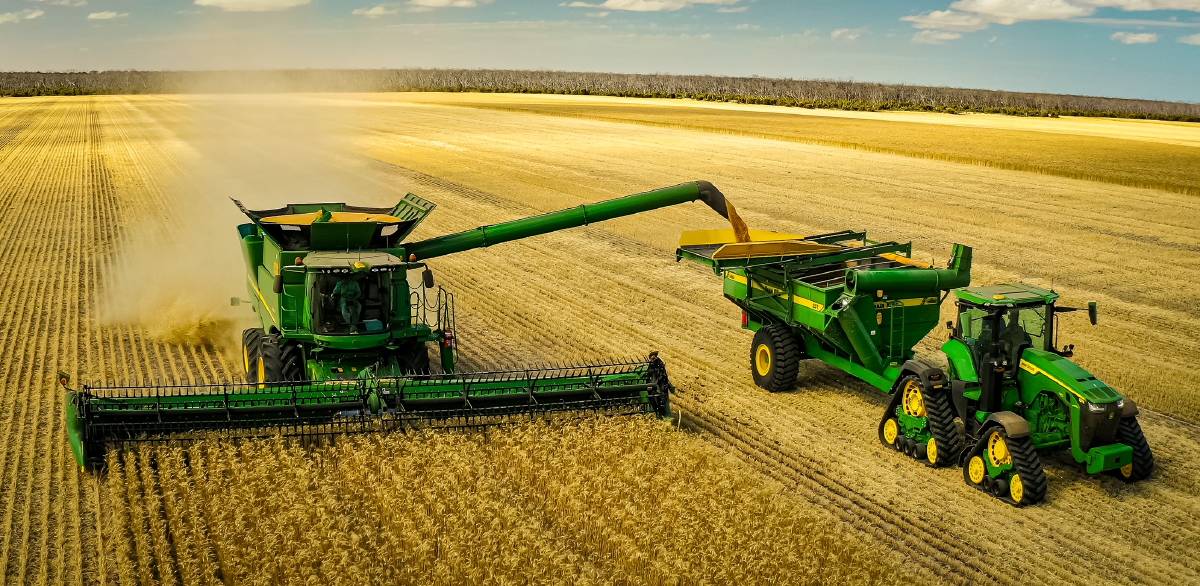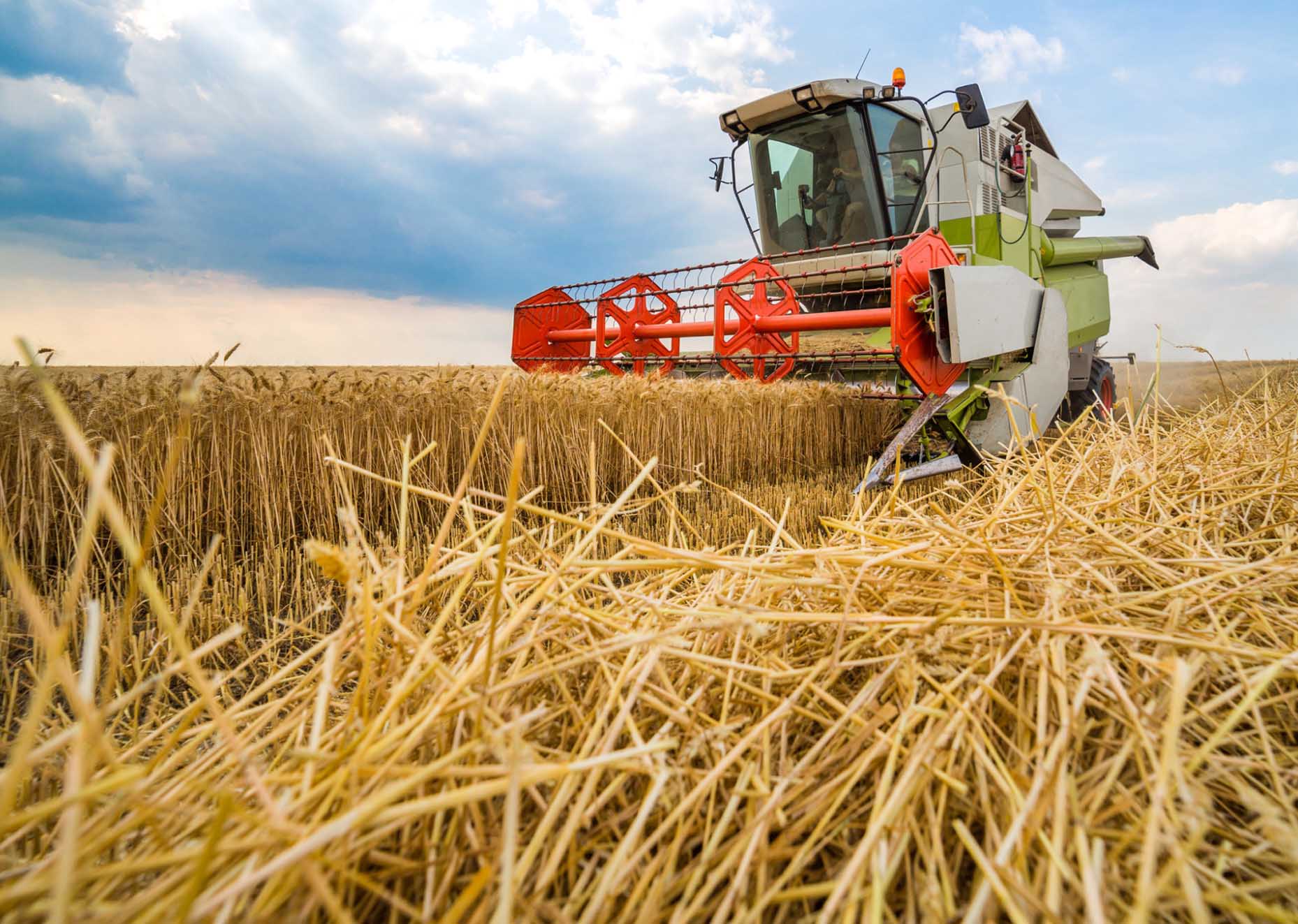- Home
- About Us
- AM GROUP
- AGRI MEET FOUNDATION
- AIFW SOCIETY
- AGRI MEET INSTITUTE
- AGRI MEET E-ACADEMY
- MAGAZINE EDITORIAL BOARD
- HARWS
- AGRI MEET
- AGRI MEET IT CELL
- MEMBERSHIP
- TRAINING
- Collaborations
- DONATION
- AWARDS & RECOGNITION
- CONTACT US

Why AMF is tackling Next Generation Crops?
In the India, we grow large quantities of Rice and Wheat with significant acreage devoted to same crop, pests, pathogens and environmental changes including heat, drought, frost and freeze can cause dramatic crop losses. Furthermore, climate change allows for harmful pests and pathogens to thrive.
Yet, growing a variety of crops can mitigate these risks, as some crops are less susceptible to pests, pathogens and environmental changes.
Crop diversity creates greater economic security for farmers, offers environmental benefits and can increase food security. Farmers growing a range of crops can sell to multiple markets and supply chains. Some crops can improve soil, filter water and reduce climate emissions. While much of the Rice and Wheat crops are used for energy, animal feed, or exported abroad, crop diversity can increase food crops and food security.
The Next Generation Crops research provides farmers with novel, nutritious and profitable crop options. The research advances breeding technologies and management practices that create new economic opportunities. Ultimately, this research improves crops’ resilience to climate change.
Doing More with Less
Indian Agriculture is the most productive in the world. Our current agricultural systems were developed to consistently provide access to plentiful and affordable food. However, increasing global population, scarcity of resources, changing climate and changing consumer preferences are and will, continue to put a strain on our current cropping systems.
Going forward, we need to do more with less. We need to be better stewards of our environment and our food supply. Instead of calories, consumers are more health-conscious and demanding better nutrition. People want to know how and where their food was produced and that it is safe. Producers are operating on tighter and tighter margins due to low commodity prices and are looking for ways to increase farm profitability. Increasing crop diversity requires developing new supply chains from farm to consumer that are more equitable in sharing value.
To meet these challenges, the Next Generation Crops Challenge Area supports the advancement of novel, nutritious, profitable and resilient on-farm crops. There is a strong emphasis on increasing crop diversity and using new technologies to benefit consumers, producers and the environment. Agri Meet Foundation seek research approaches that focus on innovative technologies and environmentally sound production practices combined with the discovery and development of new end uses for both conventional and non-traditional crops. Accelerated breeding methods that increase the rate of genetic gain and provide producers with newer and better-adapted varieties are also sought.







